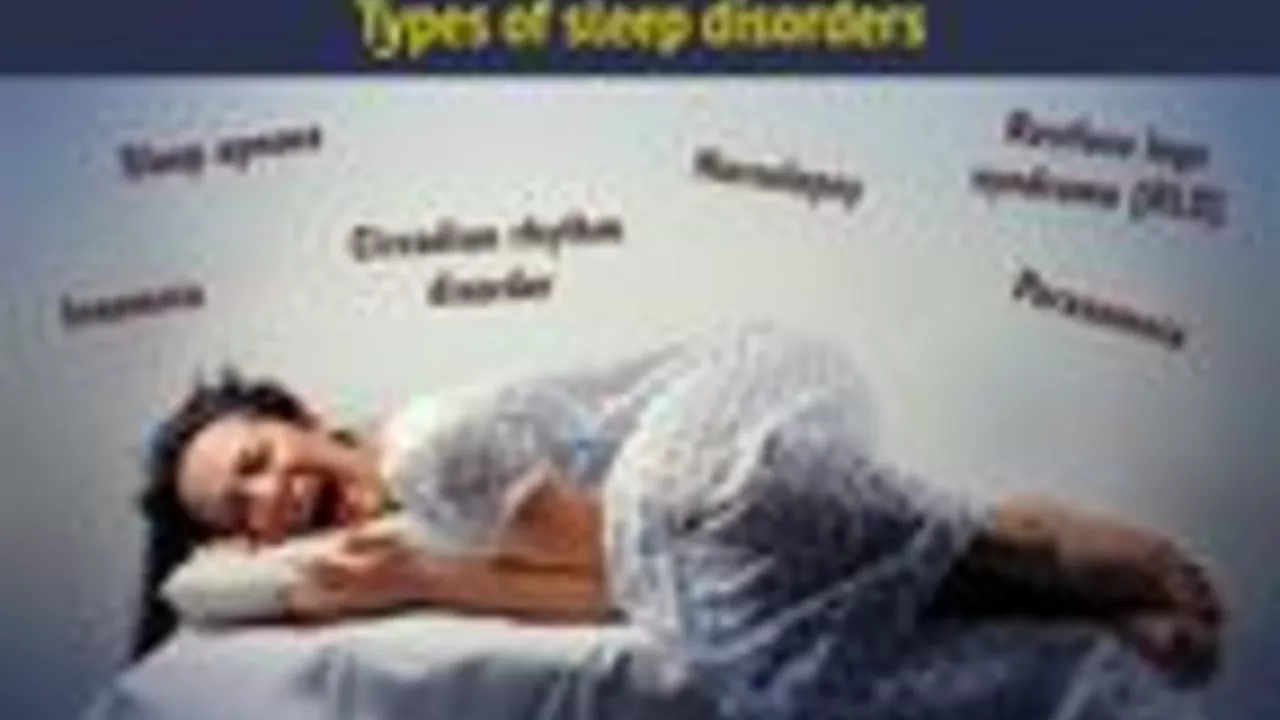Waking up tired even after a full night in bed? Sleep quality is not just how long you sleep — it’s how restorative that sleep is. Poor sleep hurts mood, focus, recovery, and immune health. The good news: small changes often make a big difference fast.
Start with a simple checklist you can use tonight. Keep a consistent bedtime and wake time, even on weekends. Your body’s clock responds to routine. Make your bedroom dark, cool (about 16–19°C or 60–67°F feels right for many people), and quiet. Use blackout curtains or a sleep mask if light is a problem.
Limit screens for 60–90 minutes before bed. Blue light tricks your brain into thinking it’s daytime. Try reading, gentle stretching, or a short guided breathing exercise instead. Cut caffeine after mid-afternoon and avoid heavy meals within two hours of bedtime. Alcohol might make you fall asleep faster, but it fragments sleep later in the night.
Move daily. Even a 20–30 minute walk helps sleep pressure build and improves deep sleep. But avoid intense workouts right before bed — aim to finish vigorous exercise at least 2–3 hours before lights-out.
If you can’t fall asleep in 20 minutes, get up. Go to another room, do something quiet and low-stimulation, then return when you feel sleepy. This stops your bed from becoming associated with frustration and wakefulness.
Sometimes lifestyle fixes aren’t enough. If you still wake gasping, snore loudly, have long pauses in breathing, or feel sleepy during the day despite trying the basics, talk to a clinician about sleep apnea or other disorders. If anxiety or racing thoughts keep you up, a therapist or primary care doctor can help with behavioral tools like CBT-I (cognitive behavioral therapy for insomnia).
Medications can help short term, but they’re not a cure. If you’re considering sleep meds or alternatives, read trusted guides first. We cover options like Zolpidem alternatives, trazodone substitutes, and melatonin strategies — and explain pros, cons, and safety tips so you can have a smarter conversation with your doctor.
Track what matters: bedtime, wake time, naps, caffeine, alcohol, exercise, and mood. After two weeks you’ll spot patterns. Many people improve with just a few habit tweaks. If not, bring your sleep log to a provider — it speeds up diagnosis and leads to better solutions.
Want quick reads? Look for articles on our site about Zolpidem and trazodone alternatives, behavioral strategies, and when to seek medical care. Sleep better by focusing on routine, light, temperature, and daytime habits — those four changes alone often shift sleep quality fast.

In my latest research, I've come across fascinating findings linking the medication Alfuzosin to sleep quality. It turns out that Alfuzosin, typically used to treat prostate conditions, may have an impact on our sleep. Some studies suggest it could potentially improve sleep quality, but there's also a side of the coin showing it may cause sleep disturbances. This is a crucial area for further research, especially considering the importance of good sleep for overall health. So, if you're on Alfuzosin, keep an eye on your sleep pattern and don't hesitate to discuss any changes with your doctor.